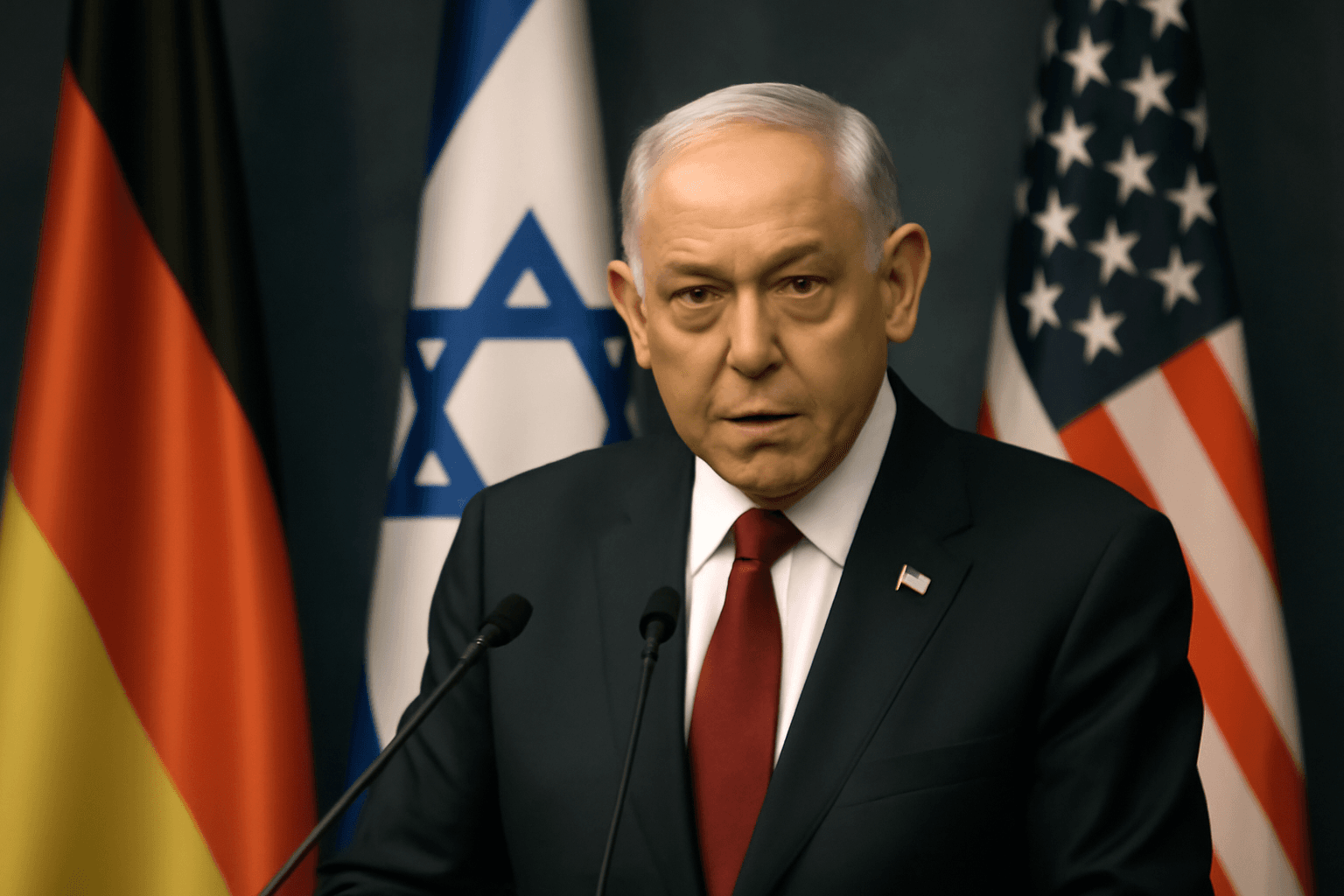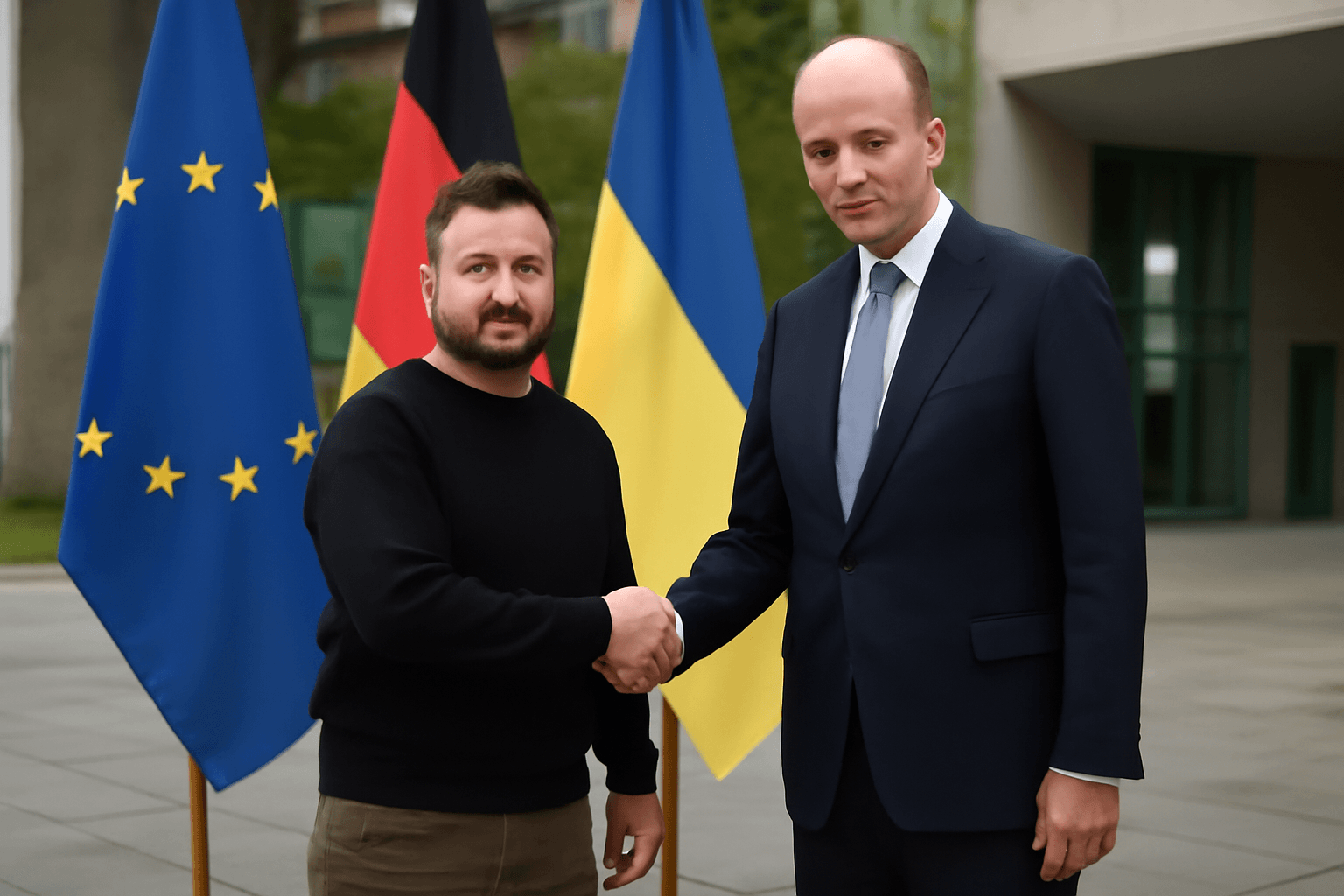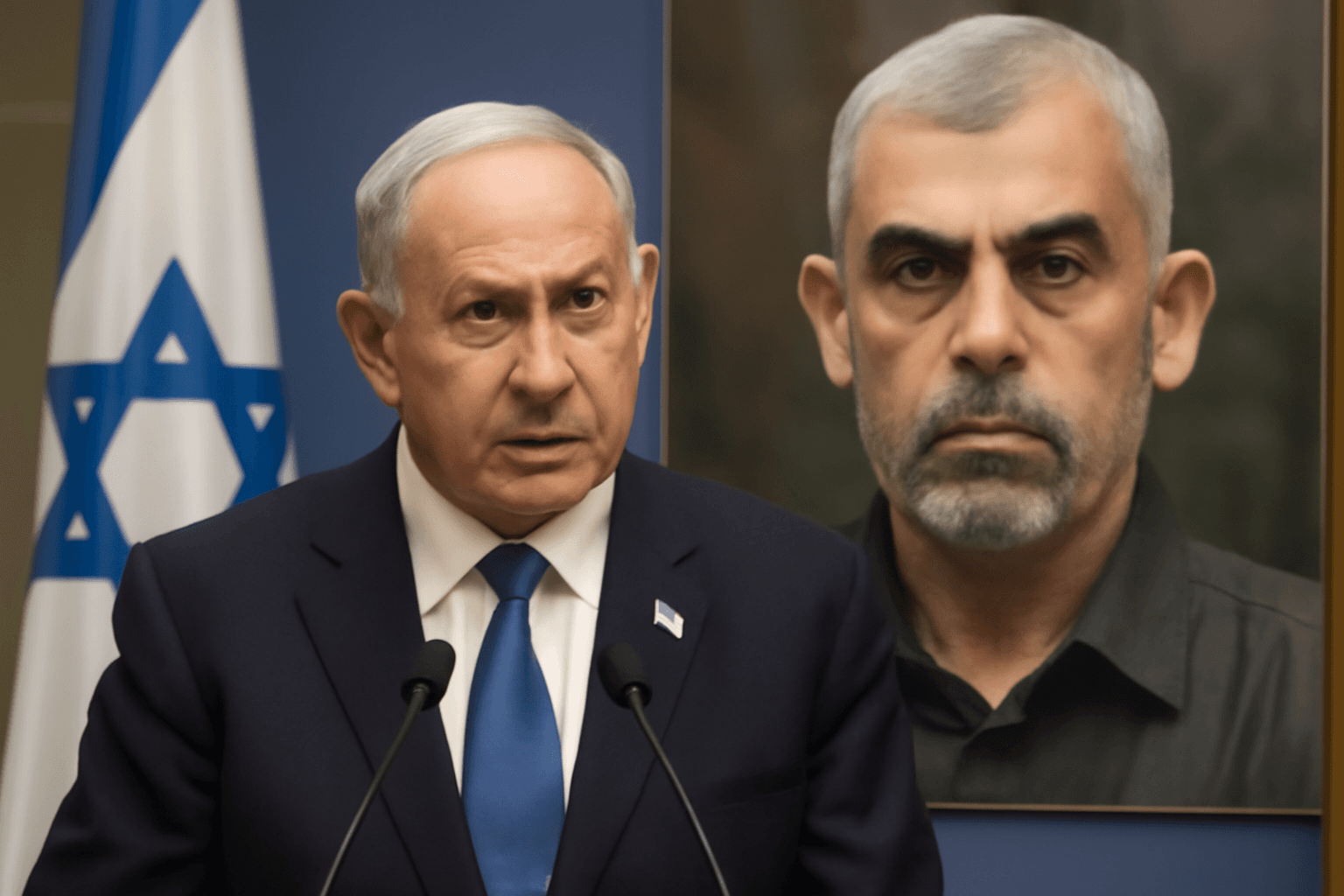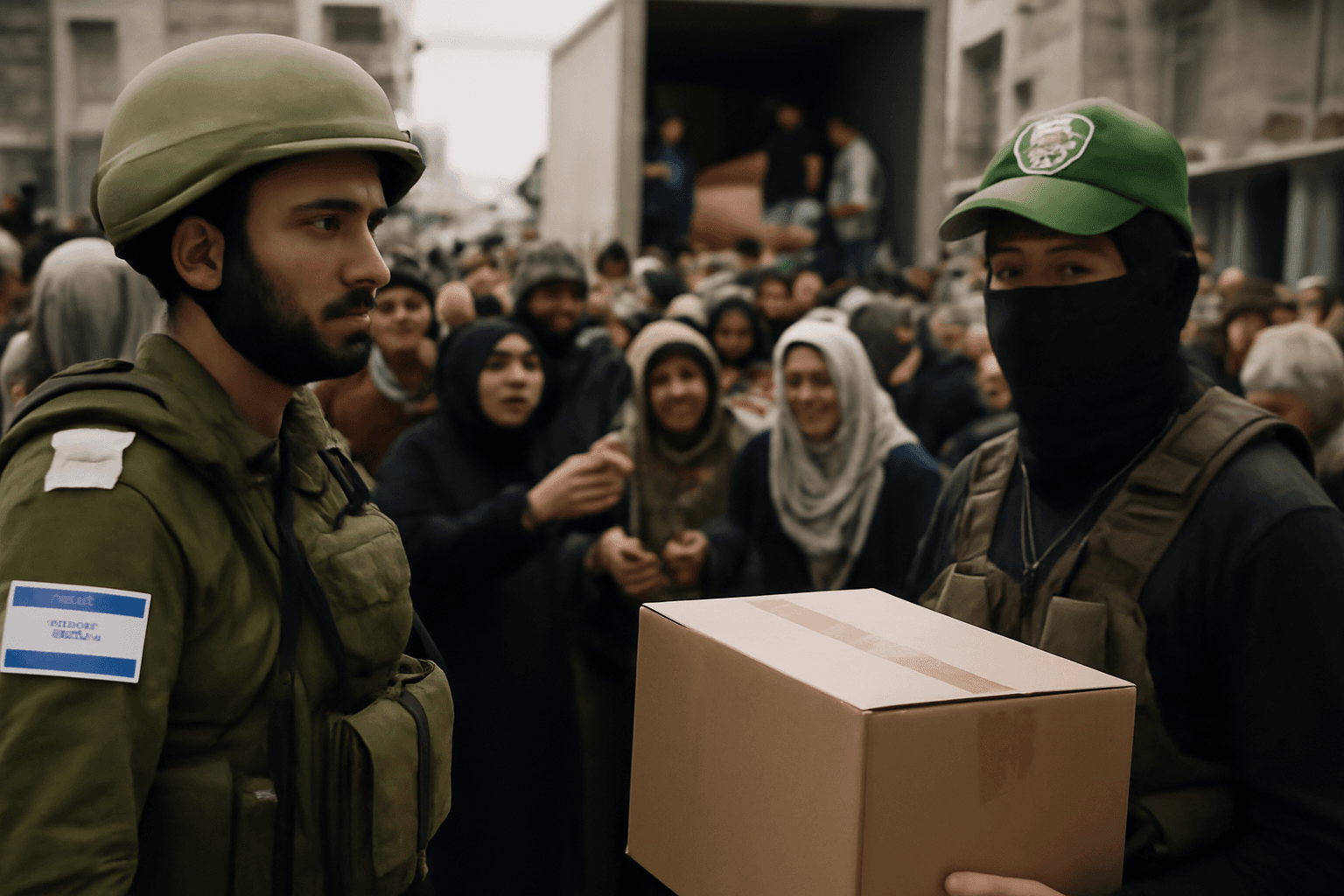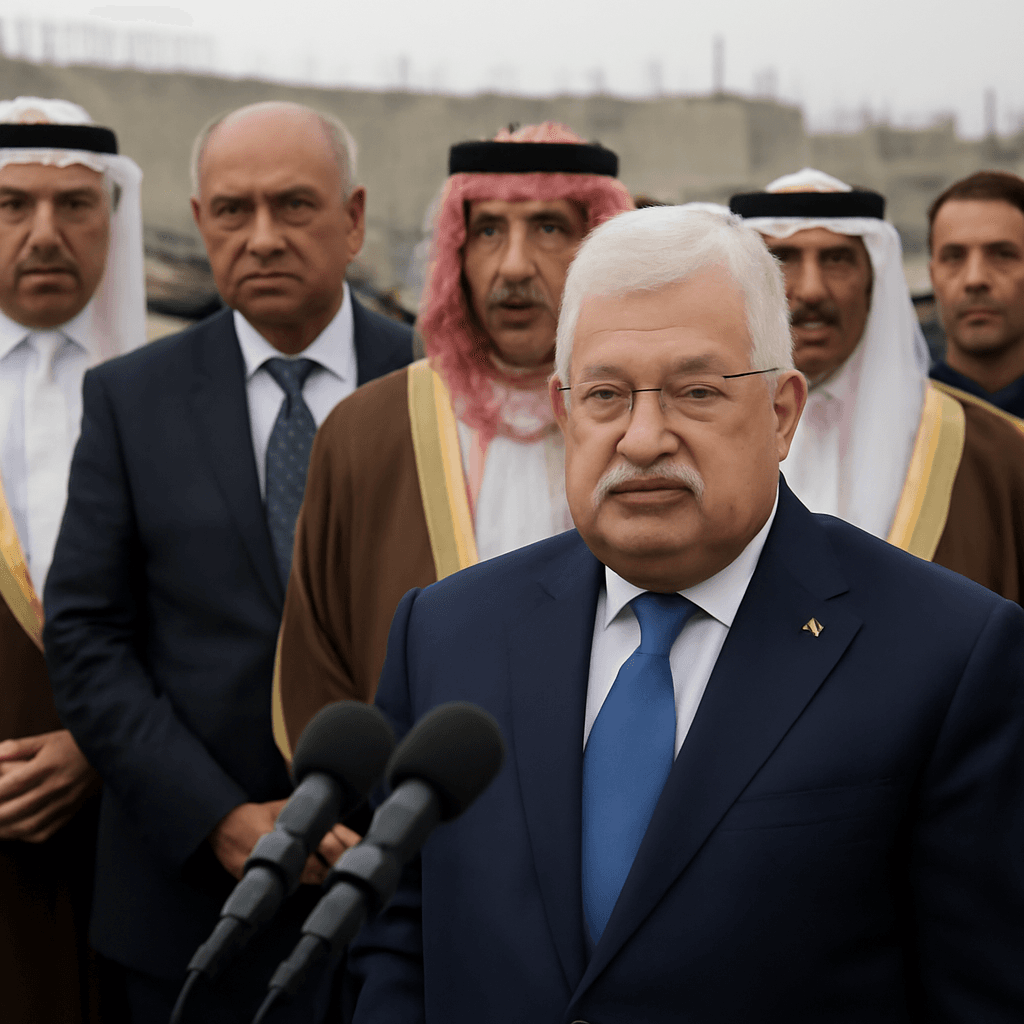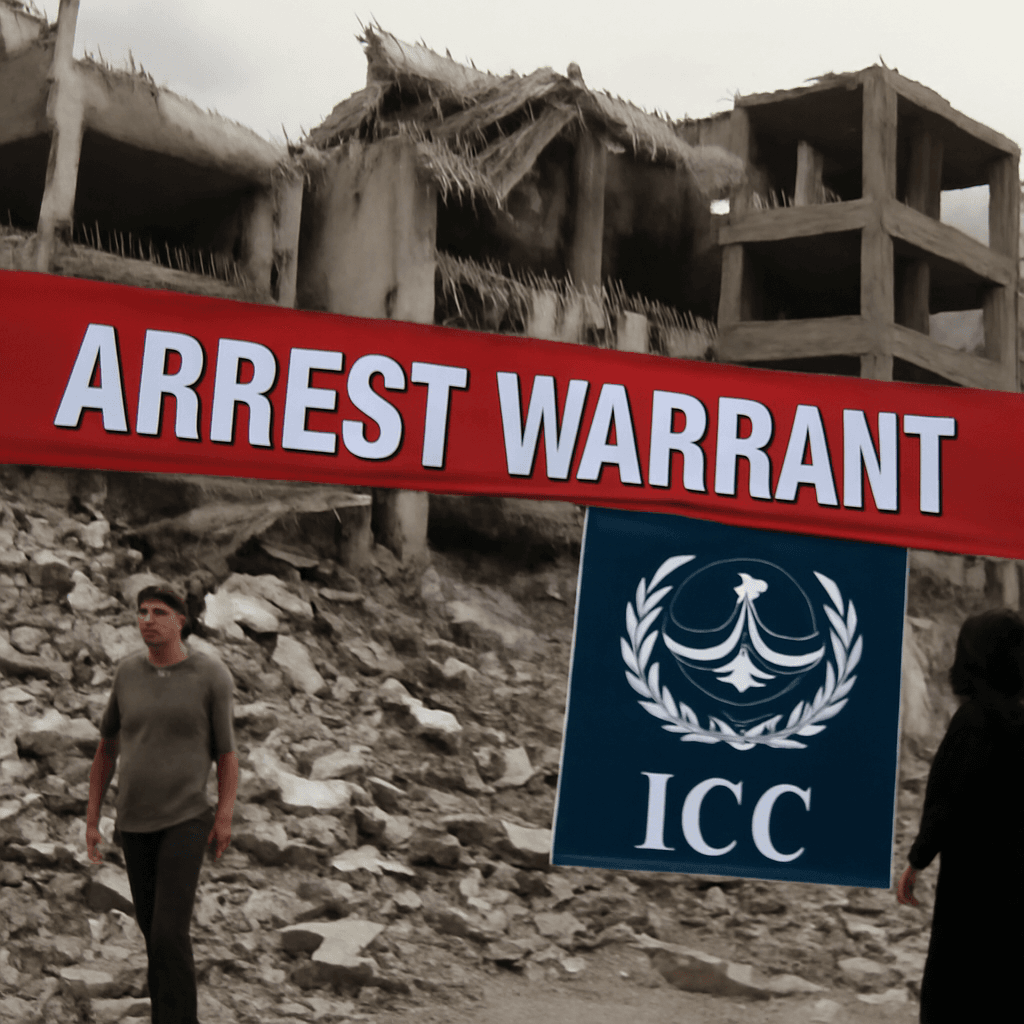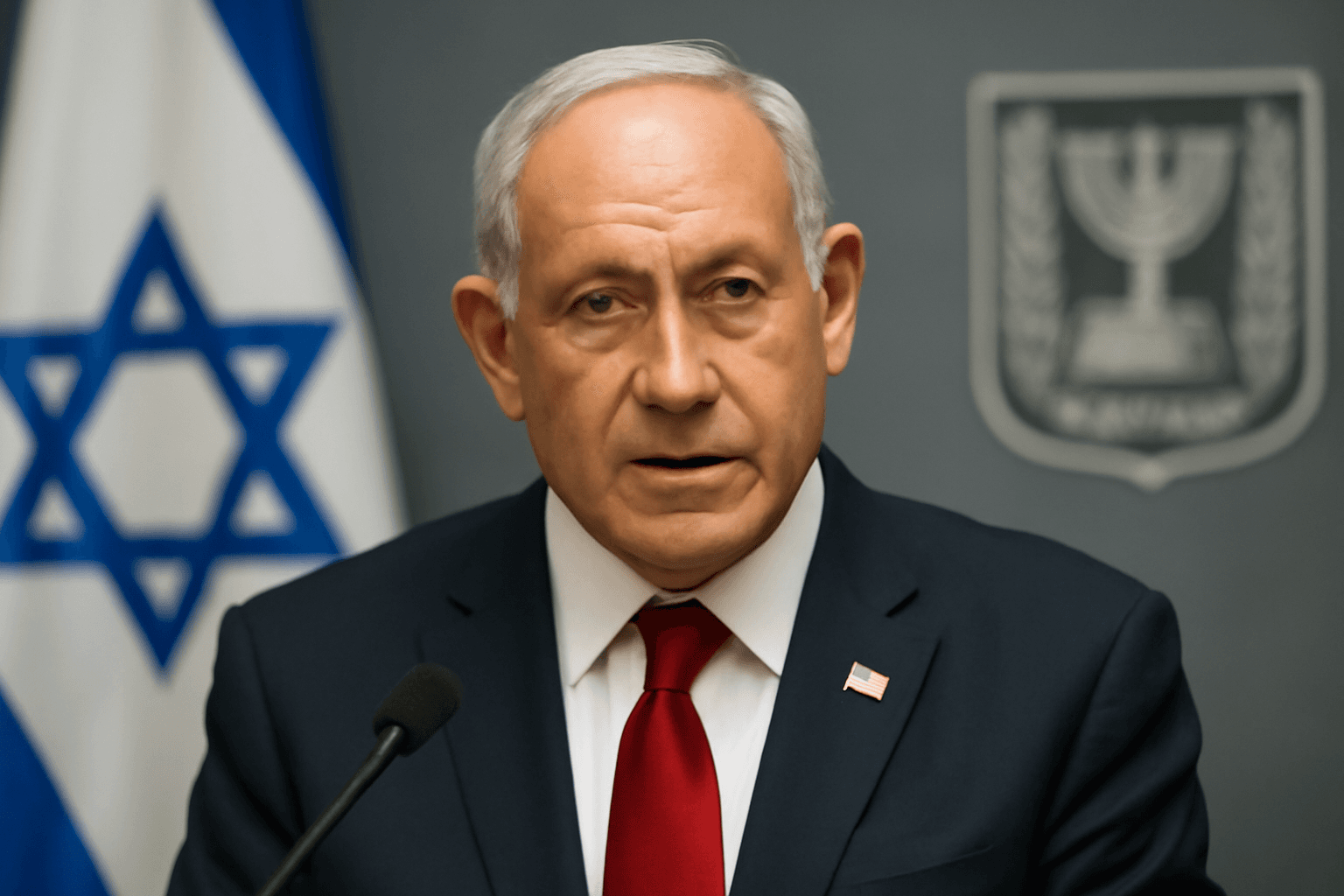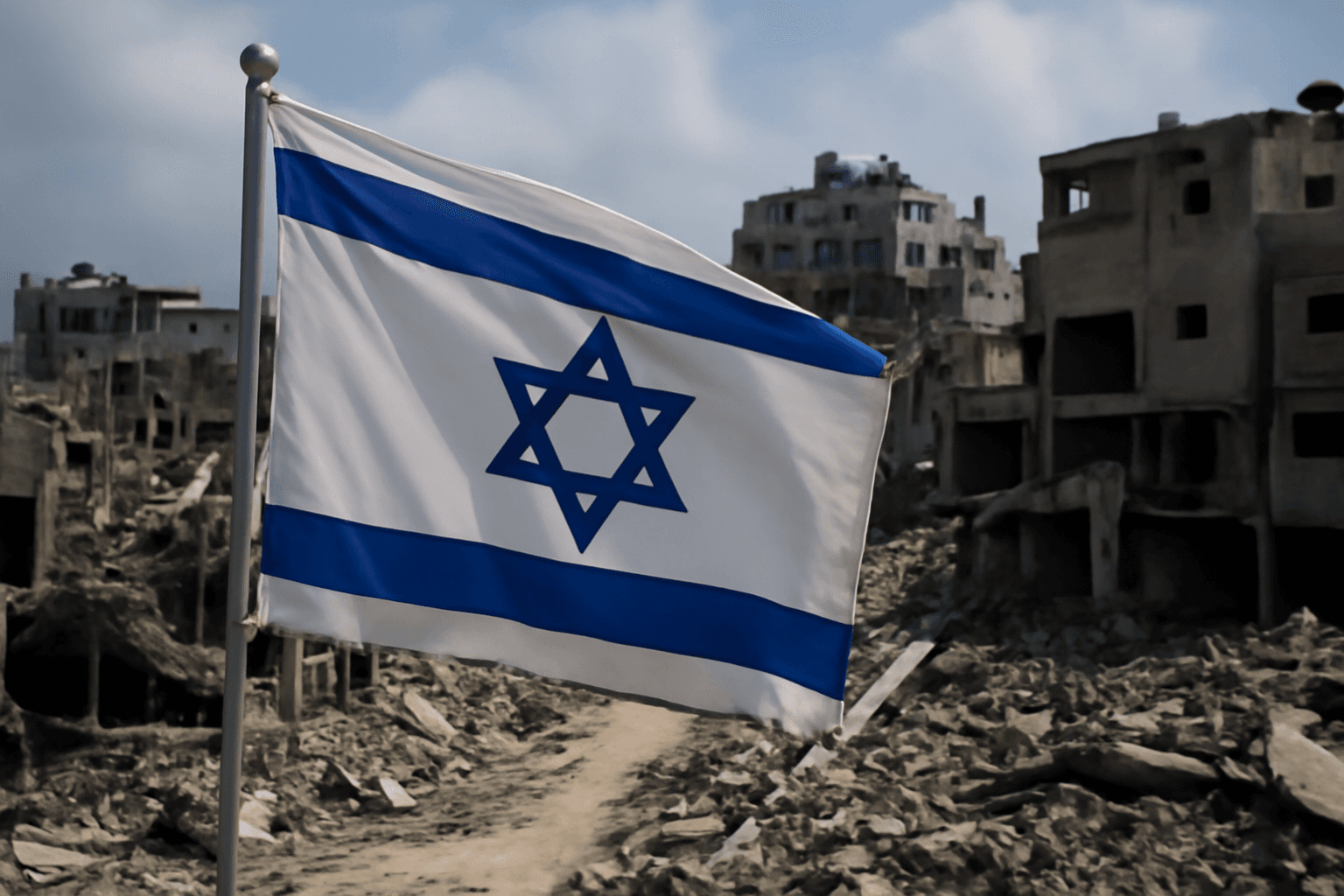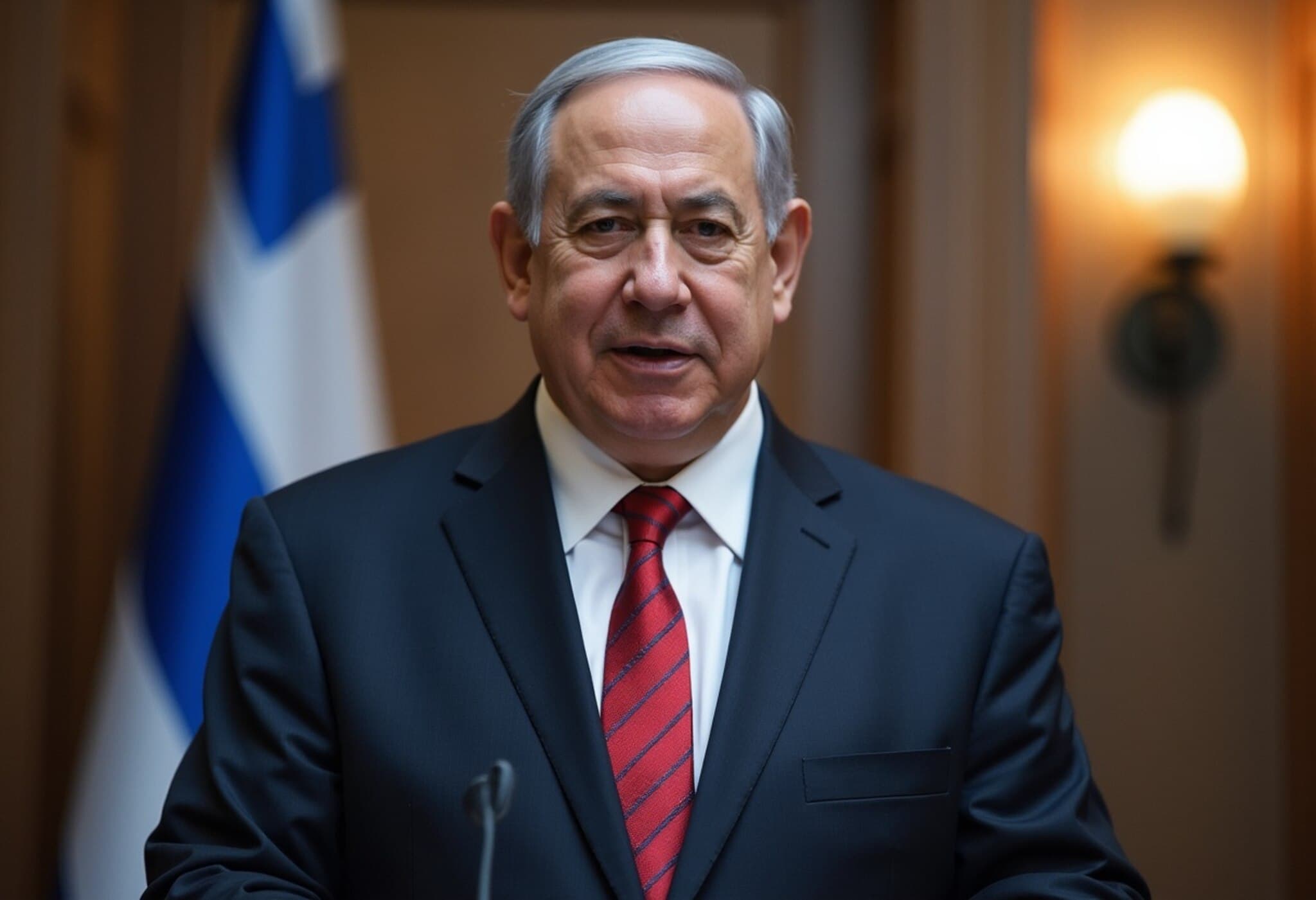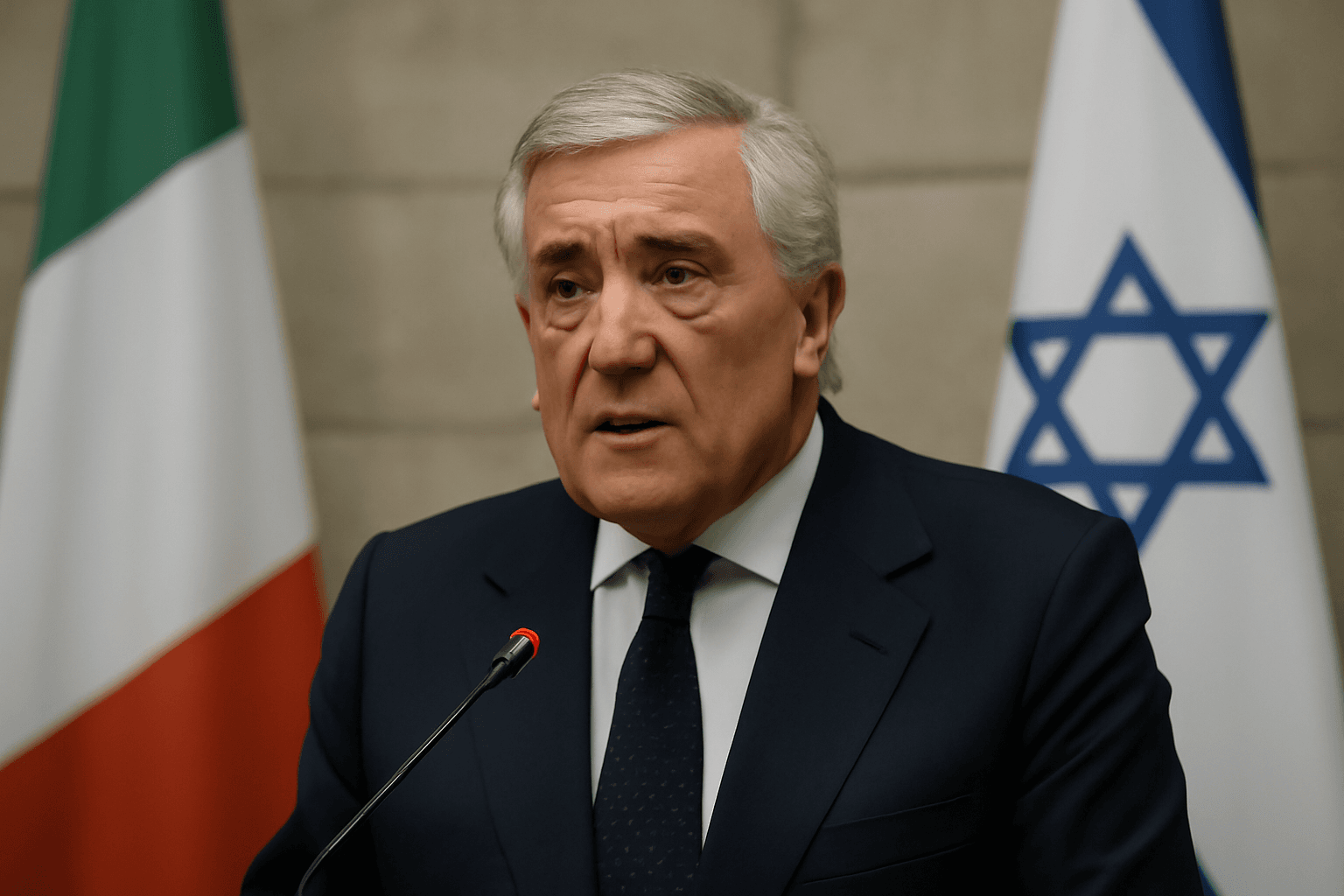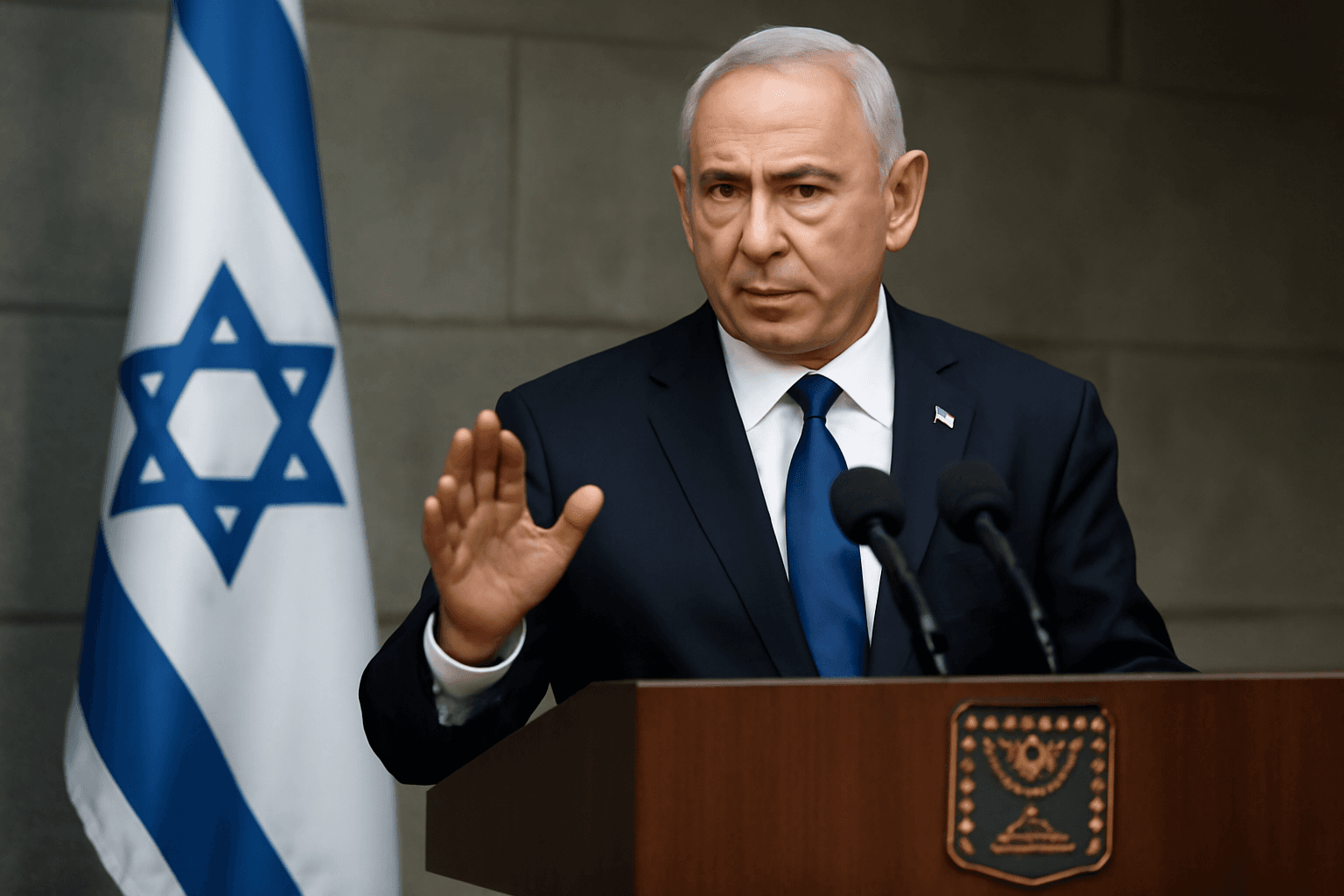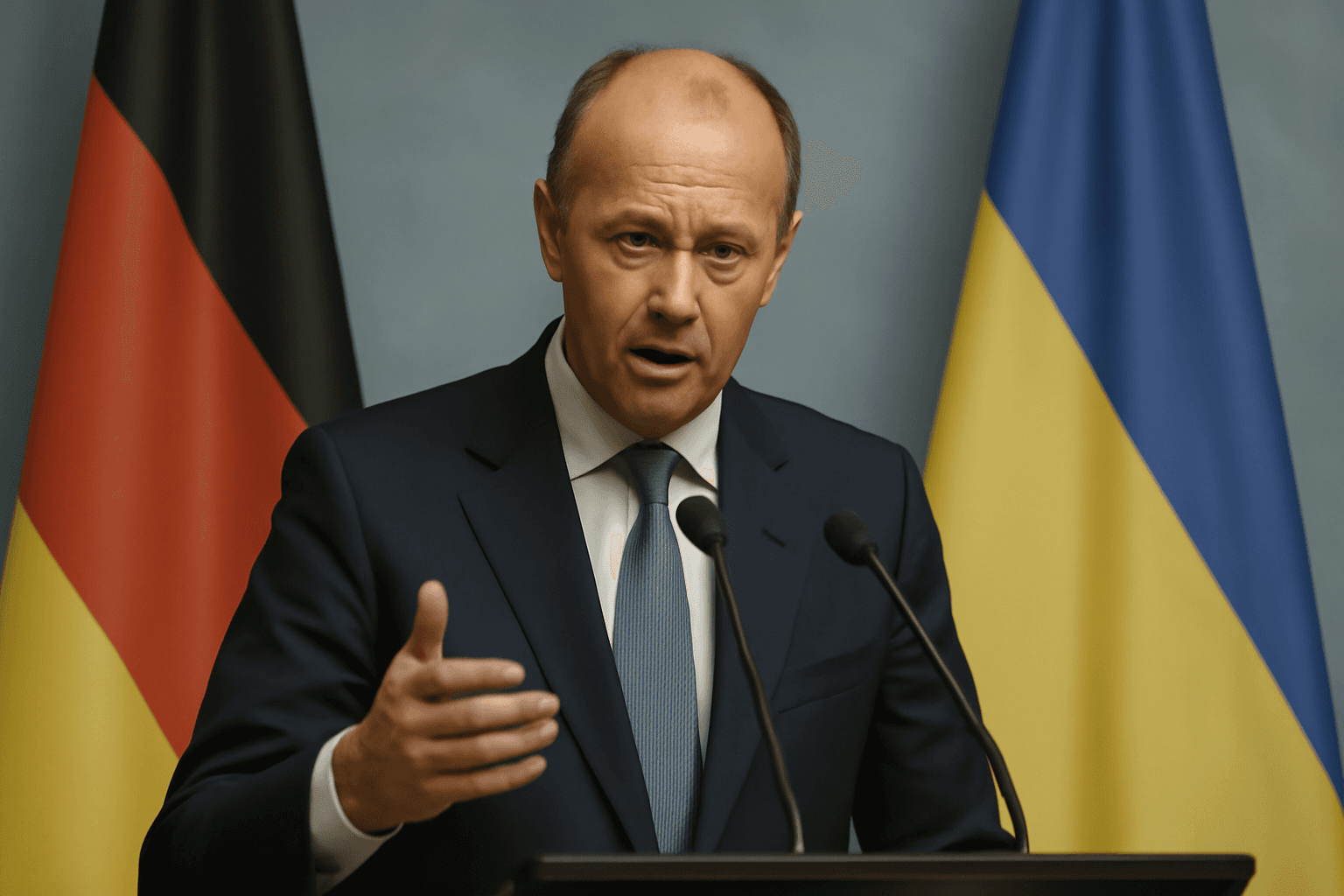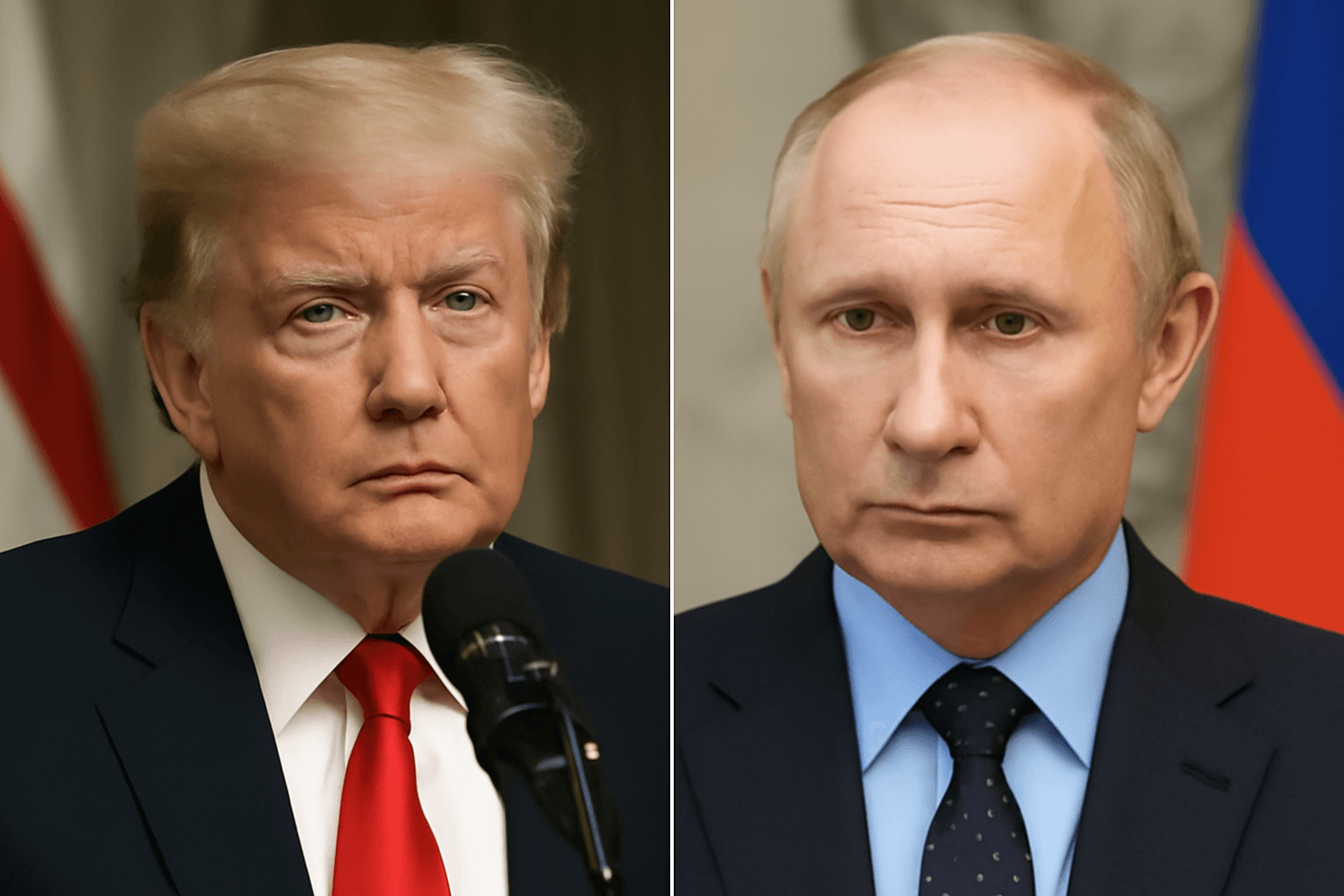International support for Israeli Prime Minister Benjamin Netanyahu is waning as key allies express increasing concern over the ongoing Gaza conflict. After more than 18 months of warfare, critiques from countries like Germany and the United States signal a shift in diplomatic patience.
Growing Criticism from Germany
German Chancellor Friedrich Merz publicly criticized Israel's military tactics, stating at the re:publica conference in Berlin that the civilian suffering "can no longer be justified". He stressed Germany's responsibility towards Israel but emphasized that violations of humanitarian international law must be addressed. Germany's Foreign Minister Johann Wadephul also described the humanitarian situation in Gaza as "unbearable" and called for improved aid delivery.
Despite these concerns, Germany significantly increased its arms exports to Israel, with values rising from €32.65 million in 2022 to €326.5 million in 2023, although falling to €161.1 million in 2024.
Pressure Mounts in the United States
US President Donald Trump expressed a desire for a swift resolution to the conflict, signaling unease despite historical support for Israel. Experts note that while rhetoric has shifted, US military and financial support continues unabated.
European Union’s Ambivalent Stance
The European Union announced a review of its trade and political association agreement with Israel, prompted by concerns over human rights violations. However, internal divisions remain, with several member states opposing the move. EU foreign policy chief Kaja Kallas described current humanitarian aid to Gaza as insufficient. Analysts highlight that substantive EU action remains limited and largely symbolic.
Impact of International Criminal Court Warrant
In November, the International Criminal Court issued arrest warrants for Prime Minister Netanyahu and Defence Minister Yoav Gallant. Although some member states indicated they would not enforce these warrants, the action restricts the Israeli leaders’ international movements. Netanyahu rejected the charges, maintaining Israel's right to self-defense.
Ongoing Conflict and Internal Challenges
Israel continues its military operations, now controlling approximately 40% of Gaza territory with plans to increase this to 75%. The humanitarian crisis remains severe, with over 54,000 Palestinians killed and 122,000 injured according to Gaza’s health ministry. Additionally, Israel faces criticism over settlement expansions in the West Bank, leading to sanctions by the United Kingdom against far-right Israeli extremists.
Public opinion within Israel remains largely supportive of the war, despite growing protests by hostage families and civil society groups.
Debate Over Strategic Objectives
Netanyahu asserts that the campaign targets the dismantling of Hamas. Analysts remain divided: some argue the military threat posed by Hamas has been neutralized, while others point to the absence of progress towards lasting political solutions.
European Credibility and Future Outlook
Experts suggest Europe’s reaction to Gaza tests its commitment to human rights standards, noting a discrepancy between support for Ukraine and the Palestinian cause. The EU’s agreement review is seen as an initial step, but decisive action and a clear roadmap towards a two-state solution are still needed.
As international criticism grows, Netanyahu remains defiant. The coming weeks will be critical in determining whether diplomatic pressure translates into tangible changes on the ground.

